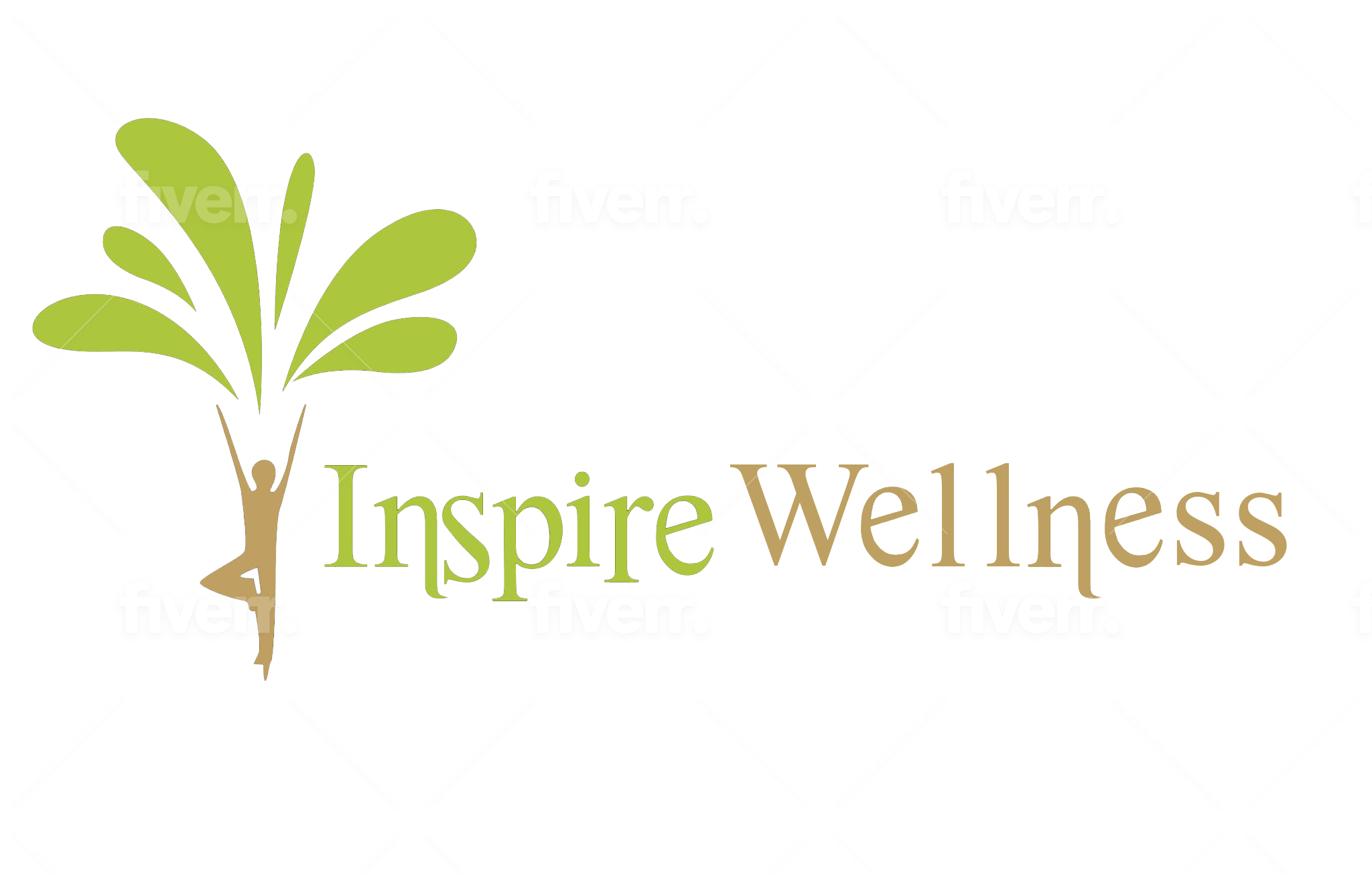Why are habits so important? It streamlines behaviour, creates more mechanical operational flow and clarifies shared expectation. When we habitulaize a behaviour we no longer resist the routine, it takes much less effort to put it into practice- you create shortcuts for optimal decision making. When you were a child it took reminding to brush your teeth in the morning, now after all these years we wake up and do it without even thinking- we’ve automated an expected outcome. In today’s fast-paced corporate world, building and sustaining a strong organisational culture is critical for success. At Inspire Wellness UAE, we work alongside firms to cultivate healthy organisational habits is the key to creating a thriving workplace. Would you like to work in an environment where being friendly, creative and supportive is the norm? We can help instil those values to routinise desired habits on a firm-wide level. When companies align their habits with their values, they foster collaboration, improve communication, and enhance productivity. However, when these habits break down, the ripple effects can harm morale and performance.
Case Studies: Success and Breakdown
A prime example of organisational habits done right is Google. The company emphasizes open communication, collaboration, and psychological safety. By implementing habits such as weekly all-hands meetings and encouraging employees to propose ideas through platforms like Google X, they’ve built a culture where innovation thrives. According to a study from Harvard Business Review, Google’s focus on structured habits like regular feedback loops has significantly increased productivity and employee satisfaction. Communication is the heart of this success, hierarchical structures are intentionally flat to encourage cross pollination of ideas from different functions, the value is to respect a multitude of viewpoints and come up with optimal solutions.
On the contrary, when divisions become overly siloed and there are many layers of the chain of command communication suffers and action is delayed, this is the case with the Kings Cross fire in the 1980s where signs of a fire was detected early, with no one claiming responsibility and the fear of undermining superiors, the emergency protocols were ambiguous and the fire brigade was alerted much later when the entire train station was ablaze. Employees reported a lack of clarity in leadership directives, which created confusion and inefficiency. The absence of clear organisational habits and a focus on short-term growth over long-term culture which can result in dramatic decline both in morale and the company’s valuation.
The Power of Personal Habits in Corporate Culture
Organisational habits are not defined simply as policies or processes—they are the collective behaviors of individuals within the company stemming from a shared value system of priorities. How do we design our habits to be effective for work and life? It starts with a pause, allow moments of mindfulness to reflect and observe what is working for you and what isn’t, this will help you achieve a greater awareness of self-supportive and self-sabotaging behaviours and routines. Could that afternoon coffee be replaced with a walking meeting? Instead of reacting with anger when things don’t to plan can you be more curious to the lessons learned? This will make you more approachable and uncover breakdowns in operations that you weren’t previously aware off. Awareness is what drives change, once we know what is hindering our progress only then can we take the steps to designing habits to serve our ambitions. When employees are mindful of their actions and how they contribute to the larger company goals, their habits naturally align with the organisation’s culture.
For example, we worked with a corporate client to improve morale on Monday mornings, this made us investigate how the workforce viewed upcoming tasks and we were able to achieve earlier Sunday bed times to ensure Mondays are welcomed feeling more restful and enthusiastic. Wellness initiatives help make our mornings more exciting with exercise challenges and fun activities to look forward to while making our evenings more peaceful so stress levels lower and deep rest can be enjoyed. Making the habit stick require accountability, bringing colleagues together in a safe and supportive ecosystem, ensuring that everyone understands their role in maintaining positive habits that drive the company forward.
Normative Behaviour and Collective Impact
When personal habits start to trickle into organisational culture they become shared habits, this is how we are able to influence what is normative behaviour in the office, from toxic office politics to a workplace where there is psychological safety and genuine connection. For instance, when employees consistently practice active listening during meetings, over time, this becomes the norm. Similarly, celebrating small wins as a team can foster an environment of gratitude and motivation.
Conclusion
Building a strong corporate culture starts with small, incremental habits, start with something small and let its impact compound over time. By encouraging mindfulness, observation, and awareness, companies can transform individual actions into collective behaviours that encourage long-term success. At Inspire Wellness UAE, we help organisations create these habits, ensuring that culture is not just a concept but a lived, daily experience. Let’s start building a culture where everyone thrives—one intentional habit at a time.

